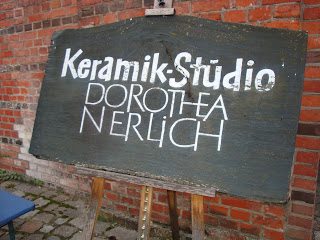“Life is a
puzzlement,” said the King of Siam to Miss Anna in The King and I, one of my all-time favorite movies. For as long as I have lived (and I have lived
a good number of years, thanks to a kind and faithful God) countless things still
puzzle me.
Three weeks ago, my husband and I made a big
decision. We had the opportunity to do
mission work in the 9th most beautiful city in the world, the Paris
of middle Europe. On the second day of
our 16-day visit to this city, I cautioned myself not to fall in love with it.
This turned out to be difficult. The
city was as gloriously enchanting as the travel magazines have pictured to
us. Then as we met with various people
involved in ministry in this city, we were impressed with their commitment,
intensity and passion for what they were doing. There was urgency about their
business of sharing the gospel. We cannot
ask for better co-workers. But our
misgivings about our own
effectiveness in the type of ministry we were invited to were more strongly confirmed by what we learned in the mission field. And as we tentatively said “no” we came home to a family crisis that helped us see that this assignment indeed was not for us.
Budapest-Paris of Mid Europe
|
Lake Sebu, Philippines
|
Sometimes we are set at the beginning of a journey only to have to make a U-turn or a complete turnaround later. And turn we must. Stenciled on the wall of a Hummus Café in Budapest is this quote from Joseph Campbell, an American mythologist, writer and lecturer, best known for his work in comparative mythology and comparative religion. “We must be willing to let go of the life we have planned, so as to accept the one that is waiting for us.”






